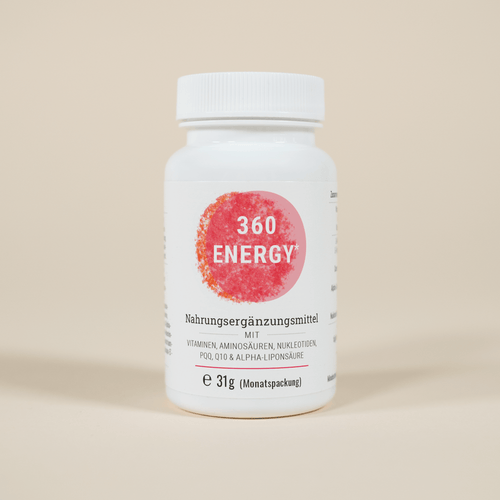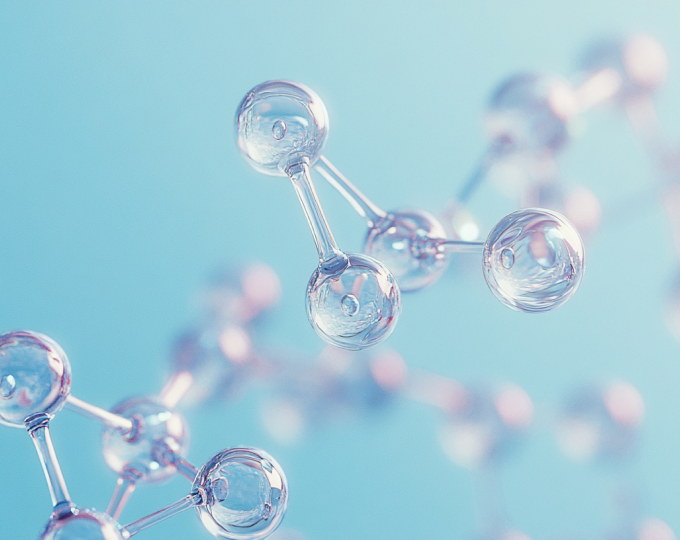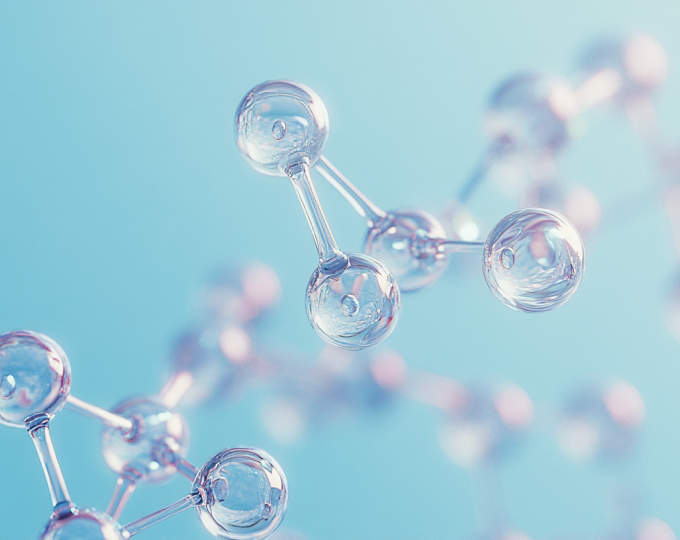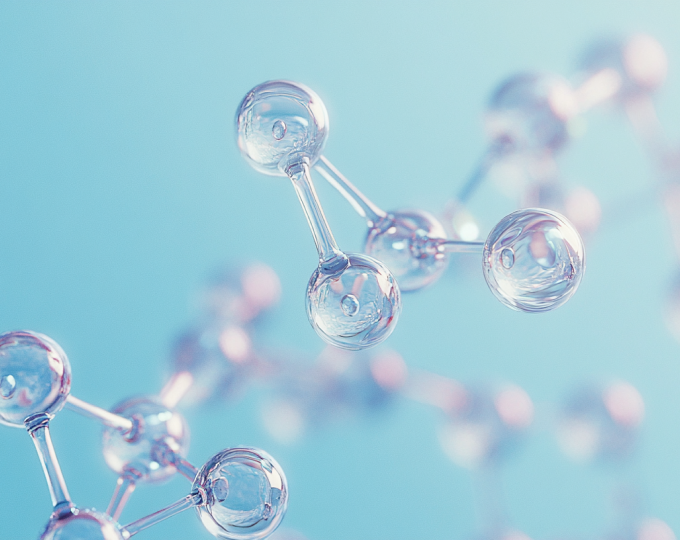Themen dieses Blogartikels:
What is Tryptophane?
Tryptophane is an essential amino acid and cannot be produced by the body itself.
What are the functions of Tryptophane?
Tryptophane is naturally proteinogenic, which means that you need tryptophan to build proteins. Tryptophane is also glucogenic, meaning it can be used to generate energy by feeding it into the citrate cycle, and ketogenic, meaning it can be used to form ketone bodies. These are mainly formed by the body during phases of prolonged fasting in order to ensure energy supply. Tryptophan is also needed to produce the neurotransmitters serotonin and melatonin.¹
What makes Tryptophane unique?
Tryptophane is one of the most important amino acids for the brain and a good reason to eat organic dark chocolate². Tryptophane is important for mood and falling asleep.³
How much Tryptophane do you need per day?
To date, there is no recommendation from the German Nutrition Society (DGE) regarding the intake of tryptophan. However, it is assumed that the daily requirement of an adult is around 5 mg tryptophan per kilogram of body weight.⁵ So if you weigh 70 kg, for example, you need approx. 350 mg tryptophan per day.
When do you need Tryptophane most?
The need for tryptophane is particularly increased during stress and in old age. Tryptophane may also be necessary if serotonin levels are too low⁴. Serotonin is crucial for the functioning of the circulatory system, performance, brain function and the immune system. Serotonin is also used to produce melatonin, the sleep hormone. This messenger substance is also an important antioxidant.
How does an Tryptophane deficiency develop and how does it manifest itself?
A tryptophane deficiency is rare and can develop as a result of an unbalanced diet or an eating disorder, for example. In addition, certain metabolic disorders can lead to the body absorbing too little tryptophane. The consequences can be manifold - they range from mood swings, depression and anxiety to concentration problems, sleep disorders and muscle problems. In affected children, growth and development can be impaired.⁶
What happens if there is an overdose of Tryptophane?
The essential amino acid tryptophane can be prescribed by a doctor to help you fall asleep. The recommended daily dose is 1 g tryptophan. This can be increased to up to 2 g tryptophane per day if necessary and after consulting a doctor. Possible side effects include dizziness, headaches and photosensitivity⁷. An overdose can lead to so-called serotonin syndrome⁸: The drug-induced serotonin excess can trigger life-threatening symptoms such as cramps, kidney damage, shock and coma.⁹
Which foods are particularly high in Tryptophane?
Tryptophane is mainly found in cocoa, oatmeal, spirulina, pumpkin seeds, soybeans and cashew nuts.
This dictionary entry is based on carefully researched sources:
Bibliography & Sources
- https://viamedici.thieme.de/lernmodul/8658889/4959041/l-tryptophan+und+melatonin
- https://www.daserste.de/information/wissen-kultur/w-wie-wissen/sender/2009/schokolade-effekt-100.html
- https://www.gelbe-liste.de/wirkstoffe/Tryptophan_27968
- https://www.adler-apotheke-kirchheim.de/gesundheitsbibliothek/index/l-tryptophan/
- https://www.netdoktor.de/medizine/tryptophan
- https://www.vitalstoff-lexikon.de/Aminosaeuren/Tryptophan/Mangelsymptome
- https://www.gelbe-liste.de/wirkstoffe/Tryptophan_27968
- https://www.deutsche-apotheker-zeitung.de/daz-az/2019/daz-35-2019/gefuerchtetes-serotonin-syndrom
- https://flexikon.doccheck.com/de/Serotoninsyndrom






















